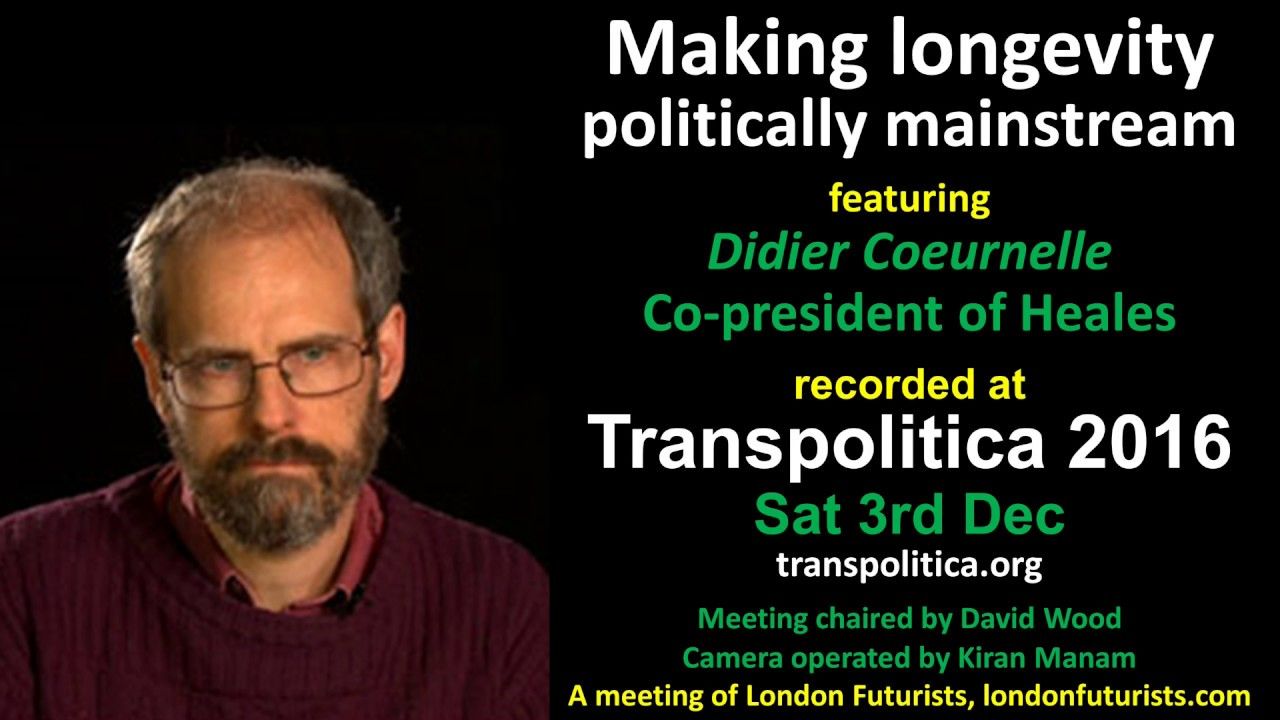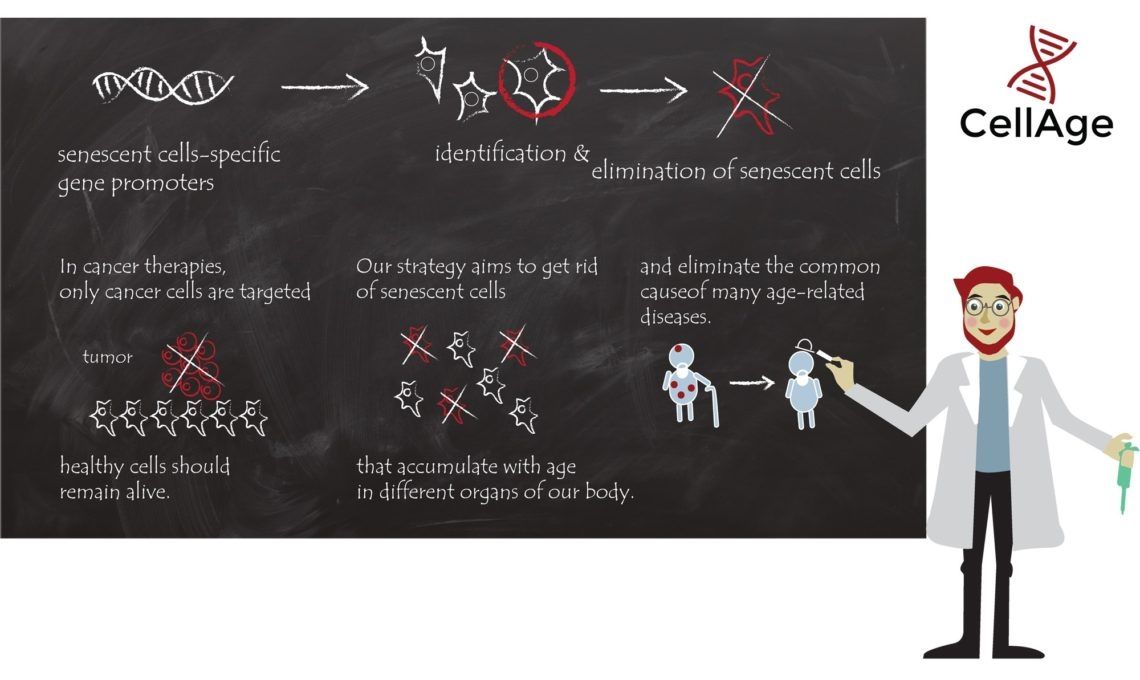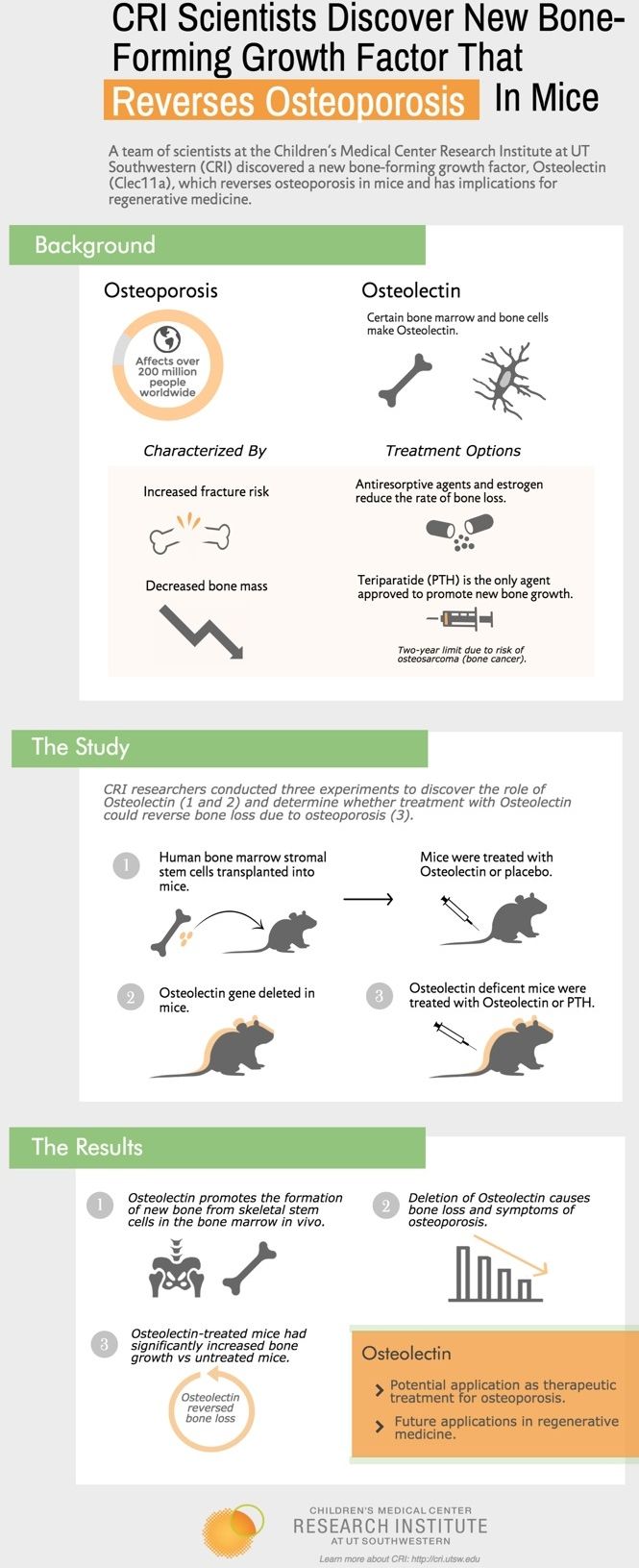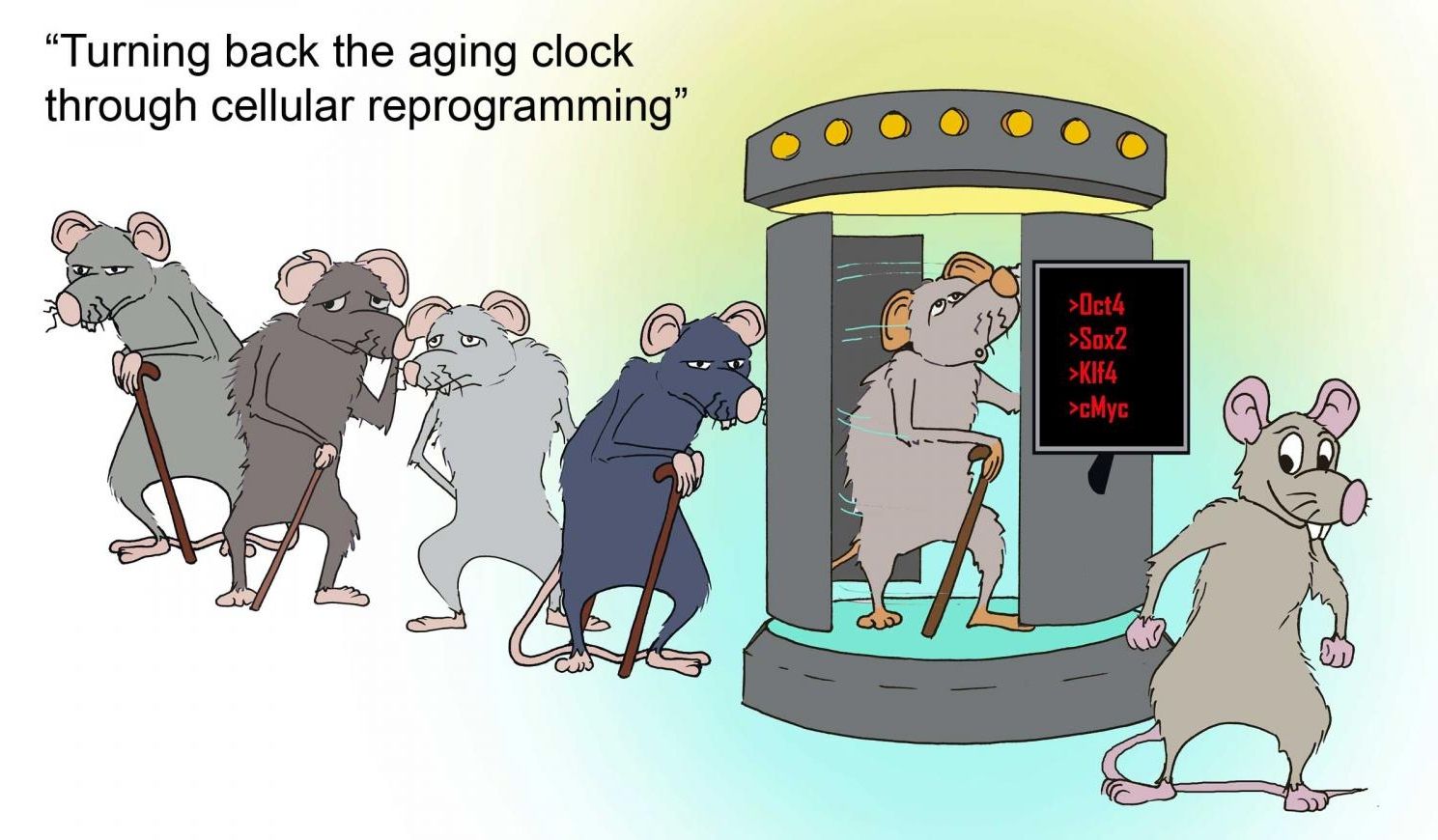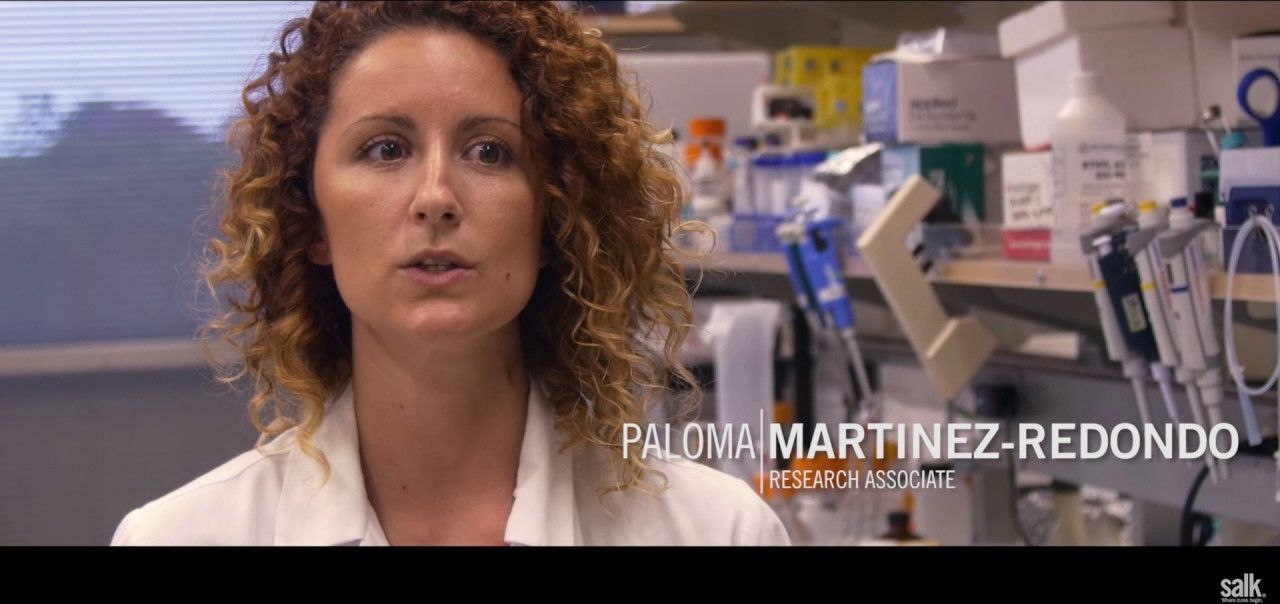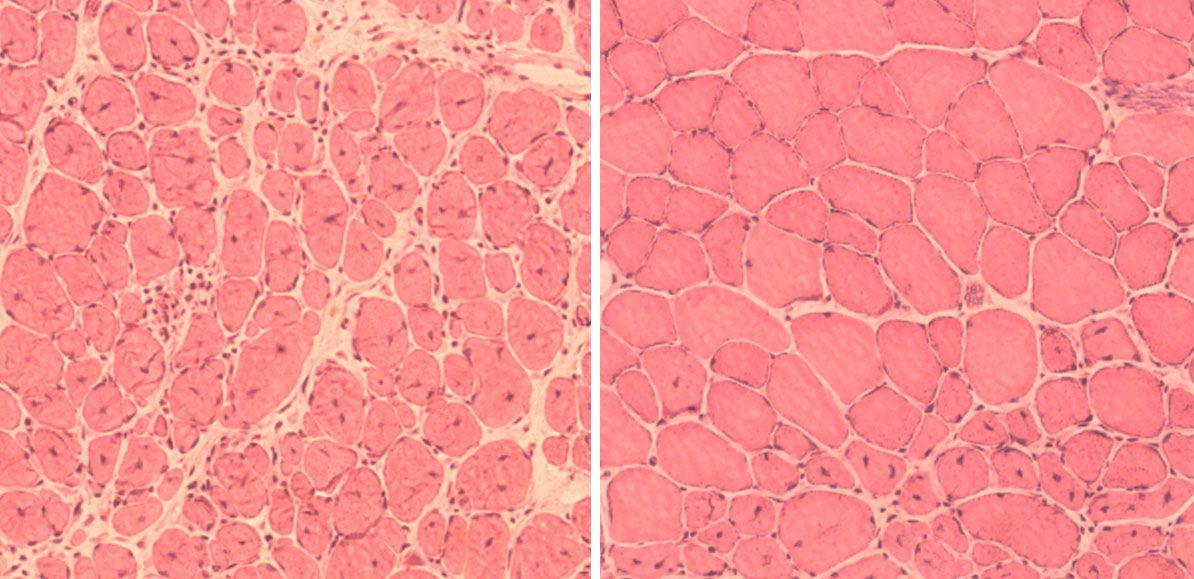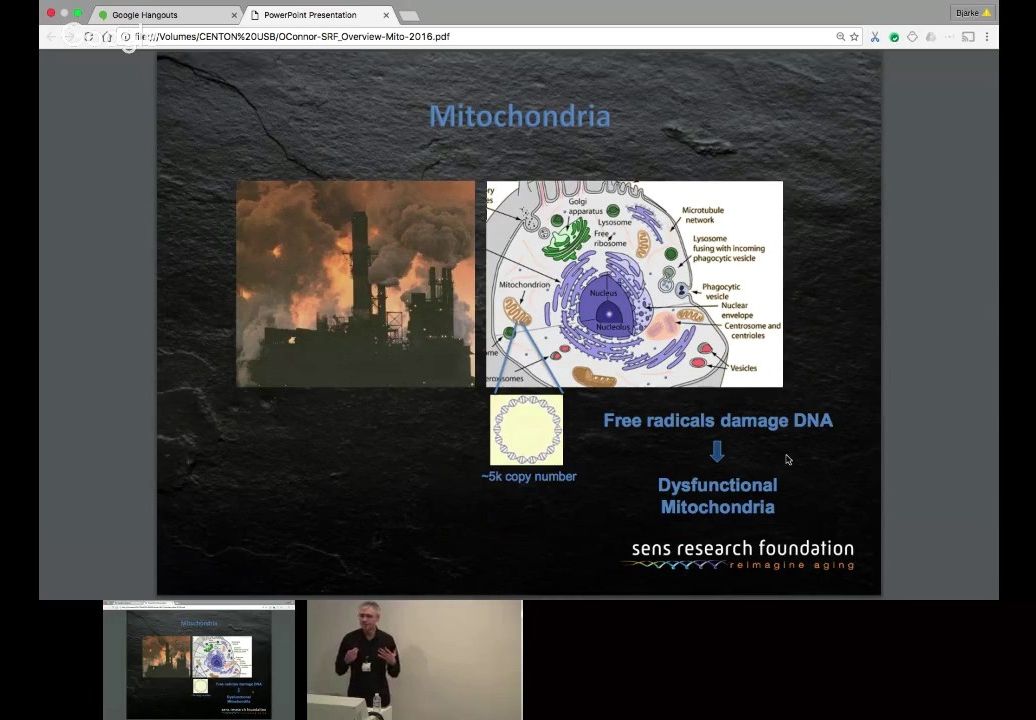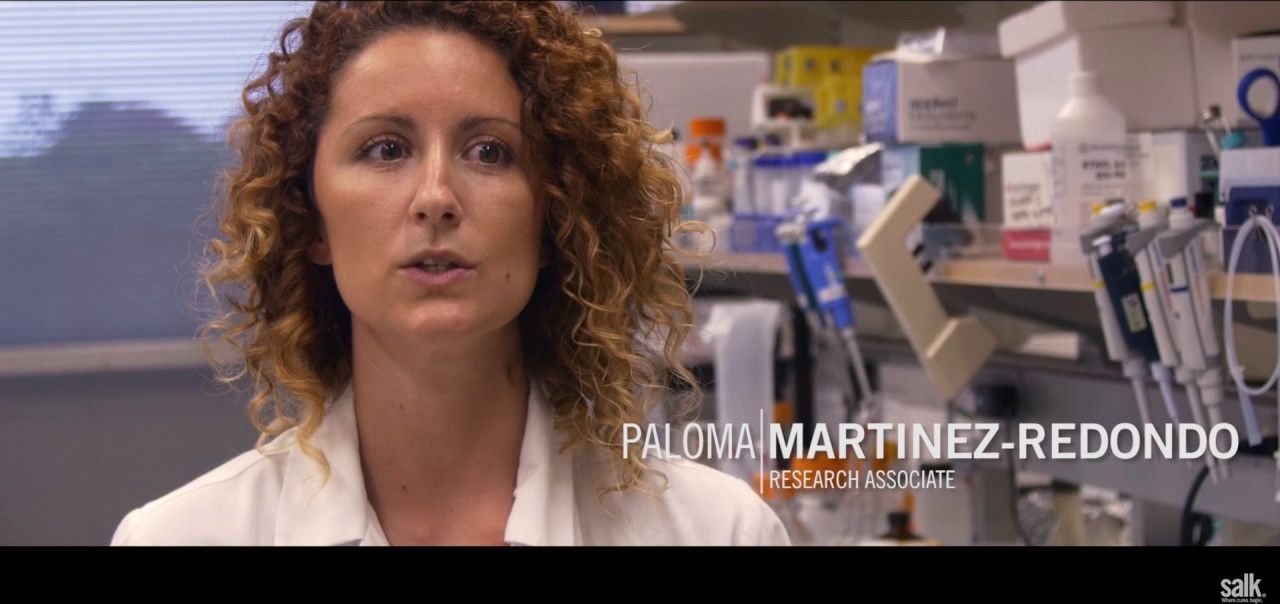
It is looking increasingly likely the mysterious Google Calico have very modest ambitions regarding increased lifespans for humans given the comments made by Dr. Aubrey de Grey and others and the direction they are taking with their research. Modest increases of lifespan over the kind of robust therapies of SENS seems pretty dissapointing.
More about Google Calico and their aim to modestly increase lifespan. People like Dr. Aubrey de Grey and Nathaniel David from rising biotech star Unity.
“To some, Calico’s heavy bet on basic biology is a wrong turn. The company is “my biggest disappointment right now,” says Aubrey de Grey, an influential proponent of attempts to intervene in the aging process and chief science officer of the SENS Research Foundation, a charity an hour’s drive from Calico that promotes rejuvenation technology. It is being driven, he complains, “by the assumption that we still do not understand aging well enough to have a chance to develop therapies.” Indeed, some competitors are far more aggressive in pursuing interventions than Calico is.
Continue reading “Can naked mole rats teach us the secrets to living far longer? Google thinks so” »
